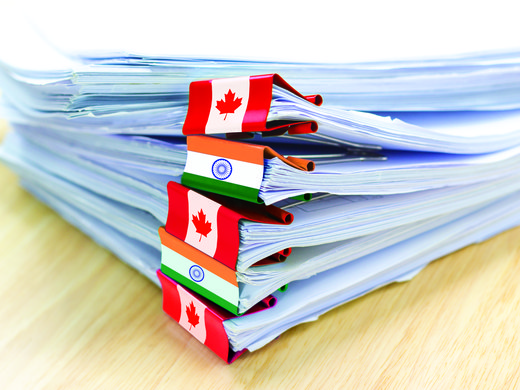Interest in sustainable and green financial regulations has grown in recent years due in part to increasing climate-change risks for the financial sector alongside a need to integrate this sector into the green economy. Introducing a regulative approach would be a significant departure from the voluntary codes of conduct that banks currently rely on to integrate sustainability issues into their business. However, integration of sustainability aspects into financial regulations, domestically and internationally, could be a strong driver for achieving a transition to a sustainable economy. The experience of developing and emerging countries, such as China, Brazil, Bangladesh and Nigeria, where regulatory approaches have already been implemented, can be a crucial source of learning for industrialized countries.
This paper examines how sustainability has gone from the fringes of corporate decision making to the Bank of England’s recent call to analyze climate change related risks for the insurance sector, the emergence of environmental and social governance in banks and the rise of sustainable finance regulations. The existing finance regulations with seven developing and emerging countries are explored, as are ways in which sustainability can be integrated into financial regulations globally.


